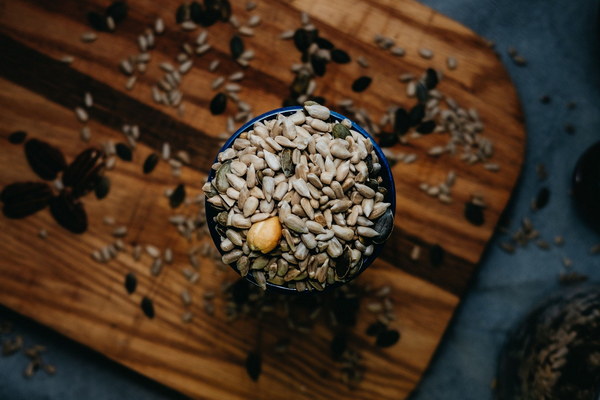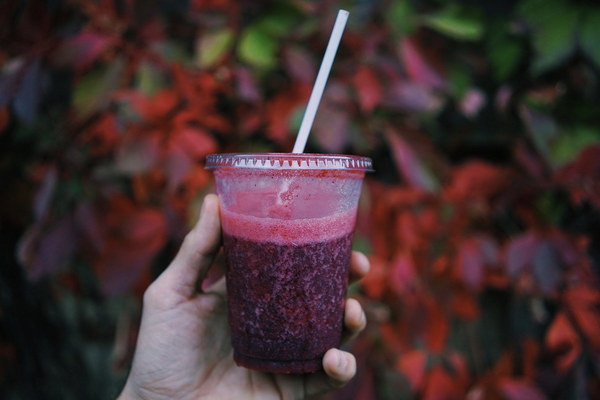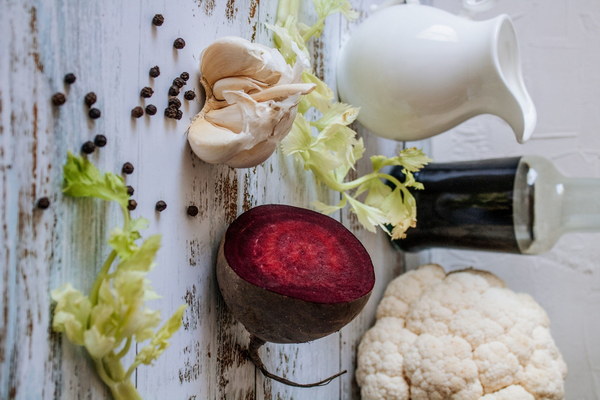Does Japanese Plaster Relieve Dampness An In-depth Look at its Effectiveness
In recent years, Japanese plaster has gained significant popularity for its claimed ability to relieve dampness. This traditional remedy, known as Hakka Shou in Japan, is believed to have numerous health benefits, including the elimination of dampness from the body. But does it really work? Let's delve into the world of Japanese plaster and its effectiveness in alleviating dampness.
What is Dampness?
Before we explore the effectiveness of Japanese plaster, it's essential to understand what dampness is. Dampness, also known as Shi in Chinese medicine, is a concept that refers to the accumulation of excess moisture in the body. It's believed that dampness can lead to various health issues, including fatigue, joint pain, and digestive problems.
How Does Japanese Plaster Work?
Japanese plaster is made from natural ingredients, such as herbs, minerals, and resins. These ingredients are believed to have properties that can draw out dampness from the body. When applied to the skin, the plaster releases heat and stimulates blood circulation, which helps in the elimination of dampness.
Benefits of Japanese Plaster
1. Alleviates joint pain and muscle soreness: Many users report that Japanese plaster helps in reducing joint pain and muscle soreness, especially in damp weather. This is because the plaster helps in improving blood circulation and relaxing the muscles.
2. Boosts energy levels: By eliminating dampness from the body, Japanese plaster is believed to enhance energy levels, making users feel more revitalized.

3. Improves digestion: Dampness is often associated with digestive issues. Japanese plaster may help in improving digestion by regulating the flow of Qi (vital energy) in the body.
4. Promotes better sleep: Some users claim that Japanese plaster helps in promoting better sleep by alleviating symptoms of dampness, such as fatigue and joint pain.
Effectiveness of Japanese Plaster
While many users have reported positive experiences with Japanese plaster, its effectiveness in alleviating dampness remains a topic of debate. Here are some factors that can influence its effectiveness:
1. Individual differences: The effectiveness of Japanese plaster may vary from person to person, depending on their specific health conditions and body composition.
2. Usage: To maximize the benefits of Japanese plaster, it's crucial to follow the instructions provided by the manufacturer. This includes applying the plaster correctly and using it consistently.
3. Lifestyle: While Japanese plaster can help in alleviating dampness, it's essential to adopt a healthy lifestyle, including a balanced diet and regular exercise, to maintain optimal health.
4. Scientific evidence: Despite the popularity of Japanese plaster, scientific evidence supporting its effectiveness in alleviating dampness is limited. More research is needed to validate its claims.
In conclusion, while Japanese plaster is believed to have numerous health benefits, including the elimination of dampness, its effectiveness remains a subject of debate. While many users have reported positive experiences, more research is needed to establish its efficacy. As always, it's essential to consult with a healthcare professional before trying any new remedy, especially if you have pre-existing health conditions.









